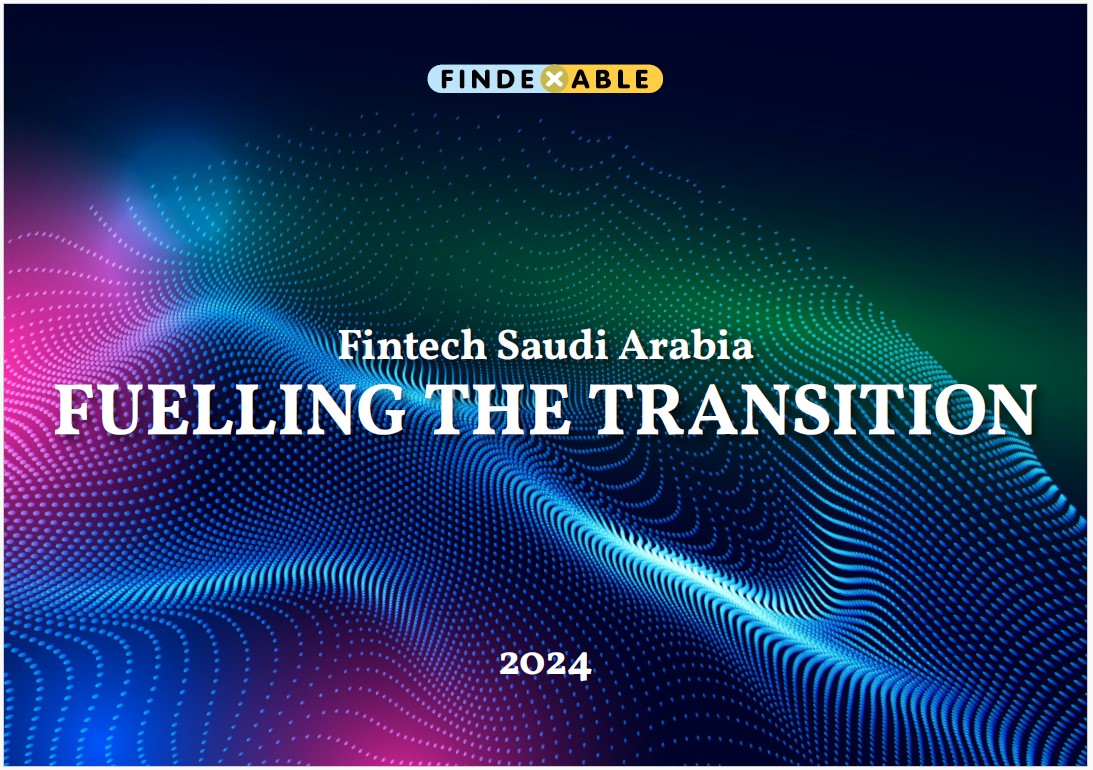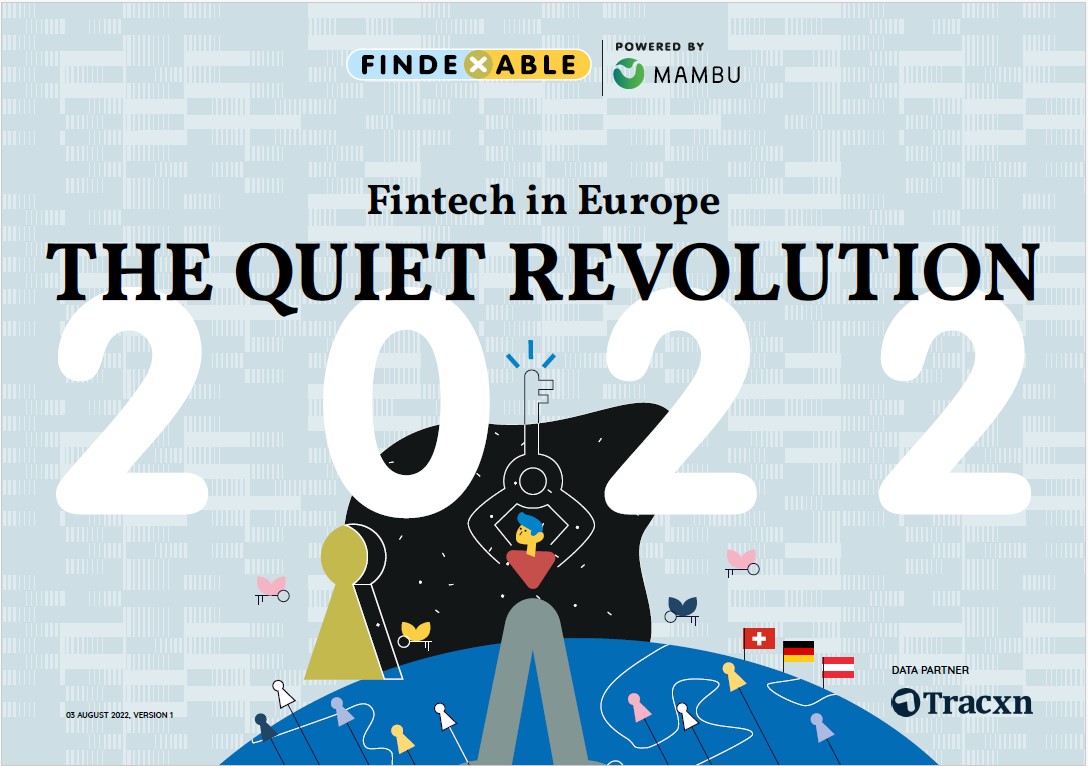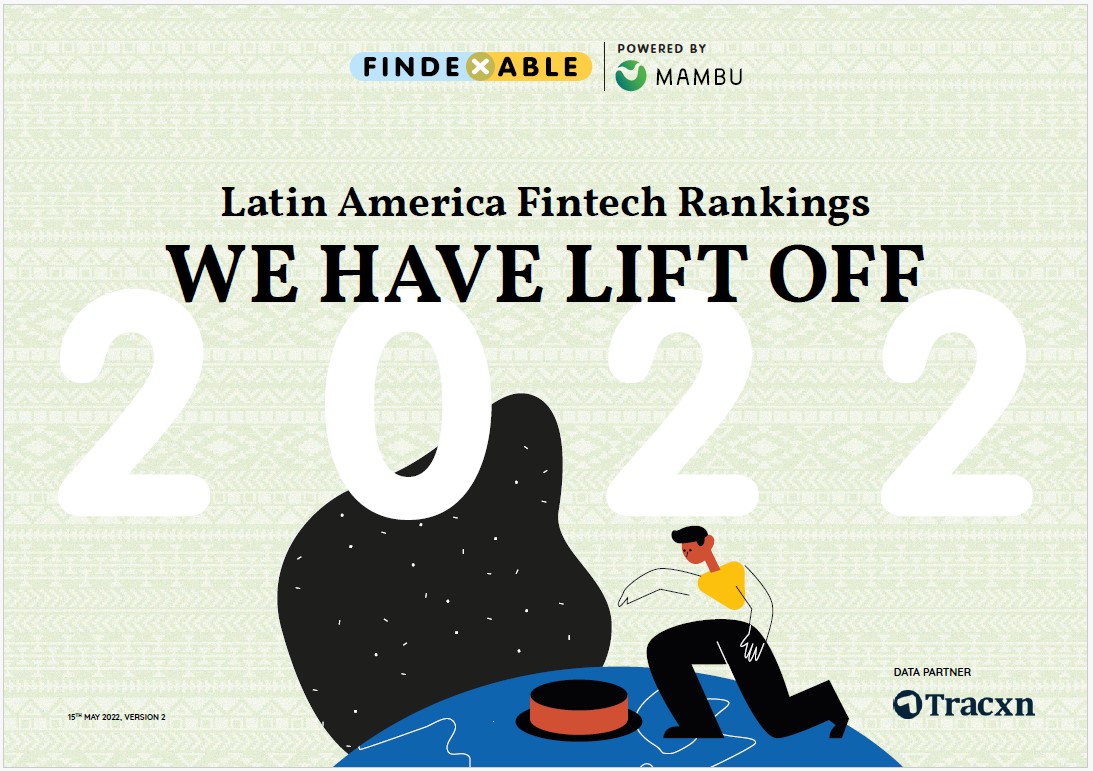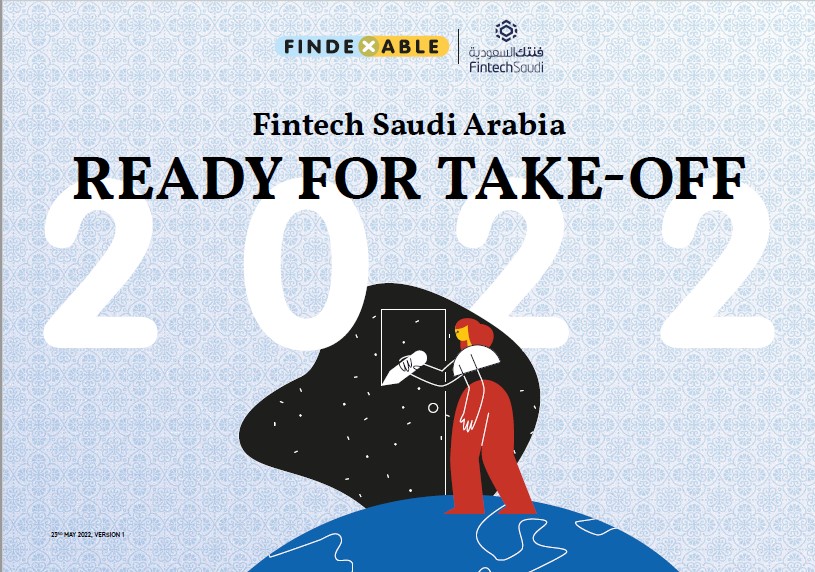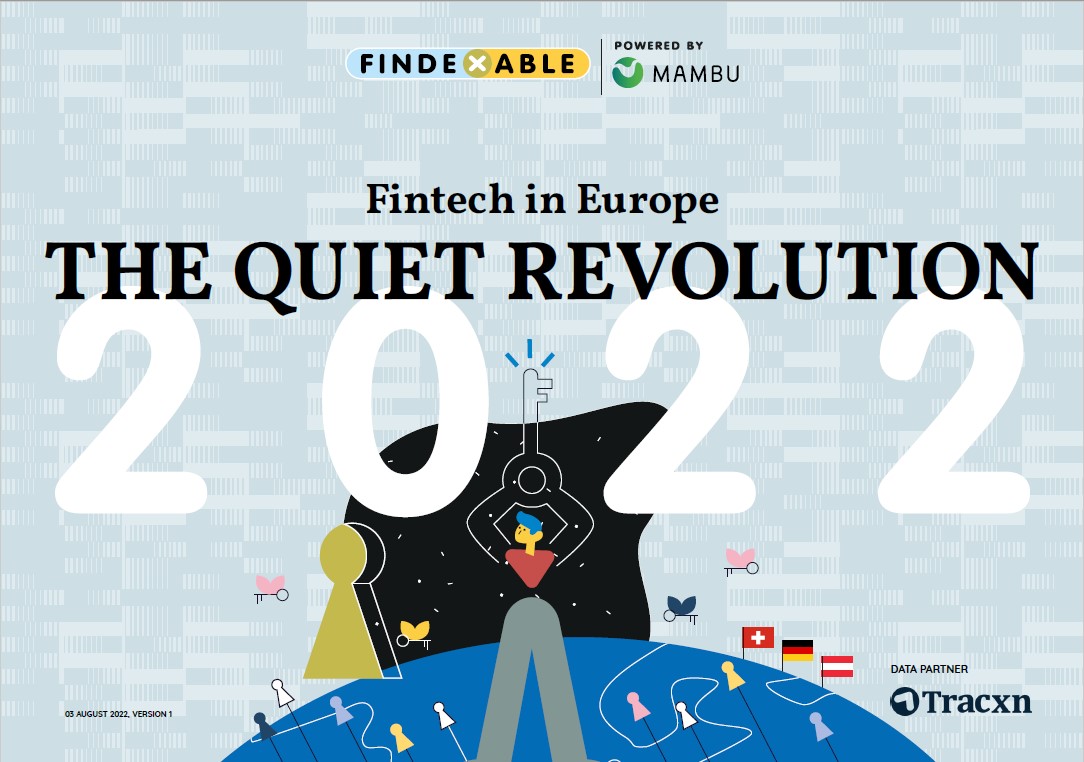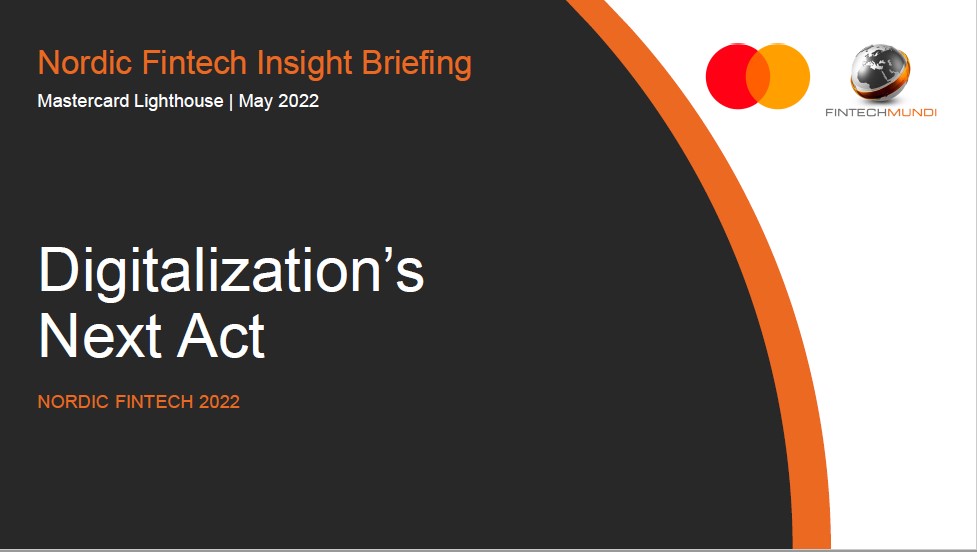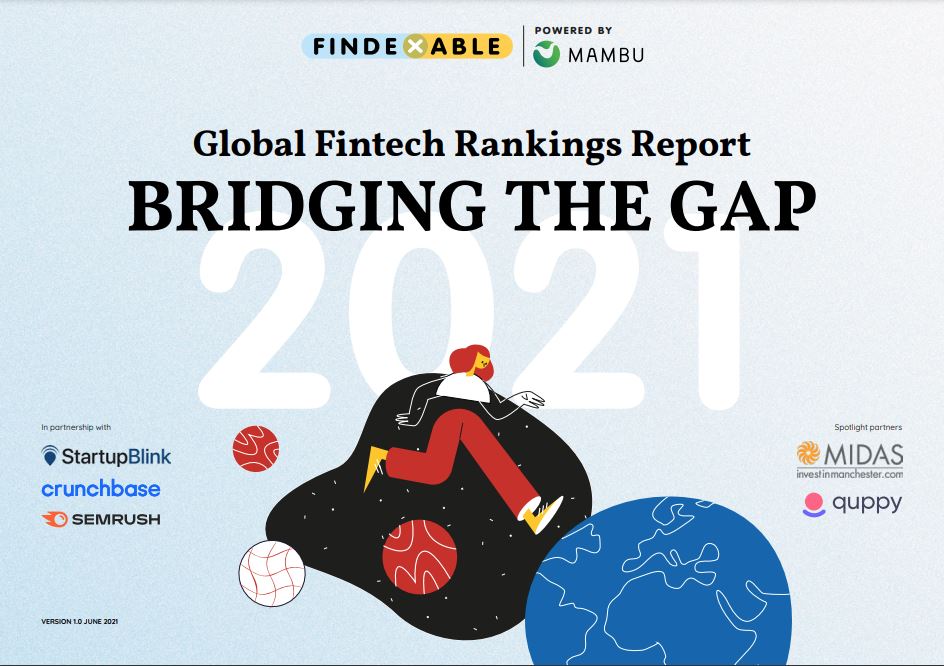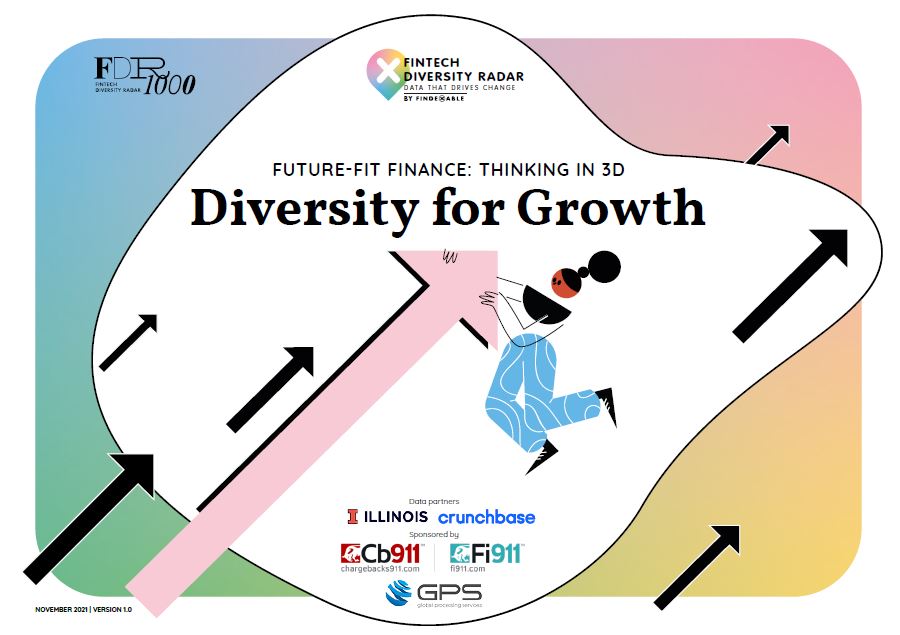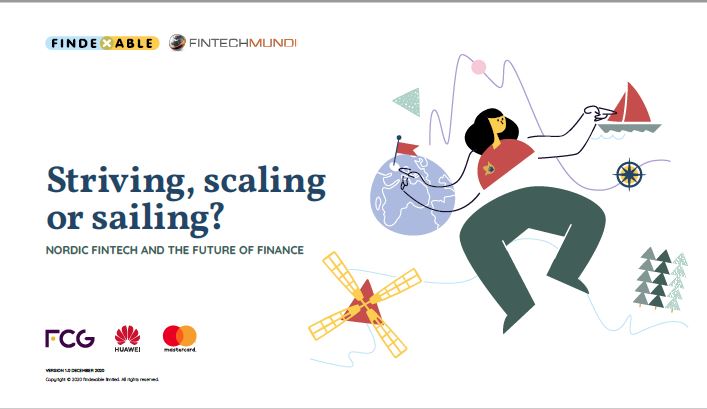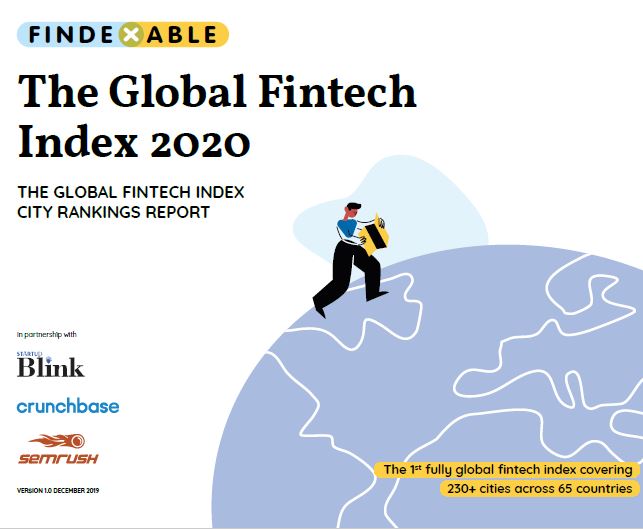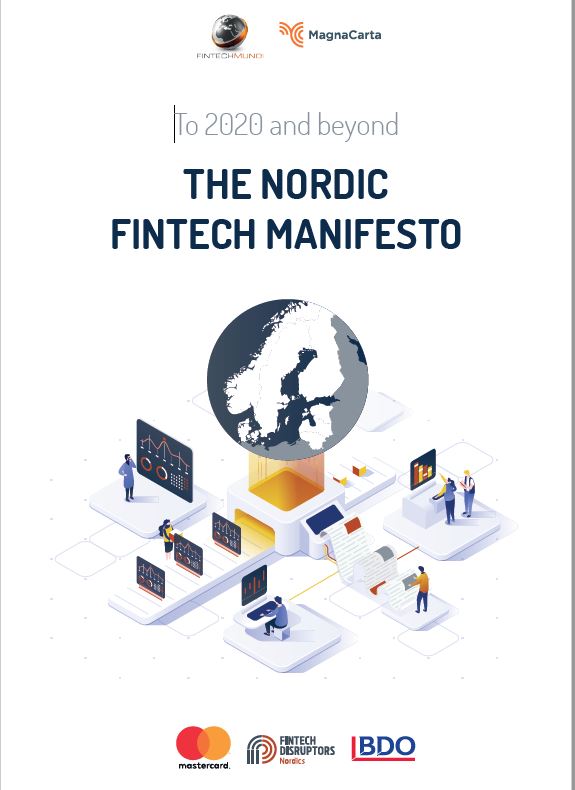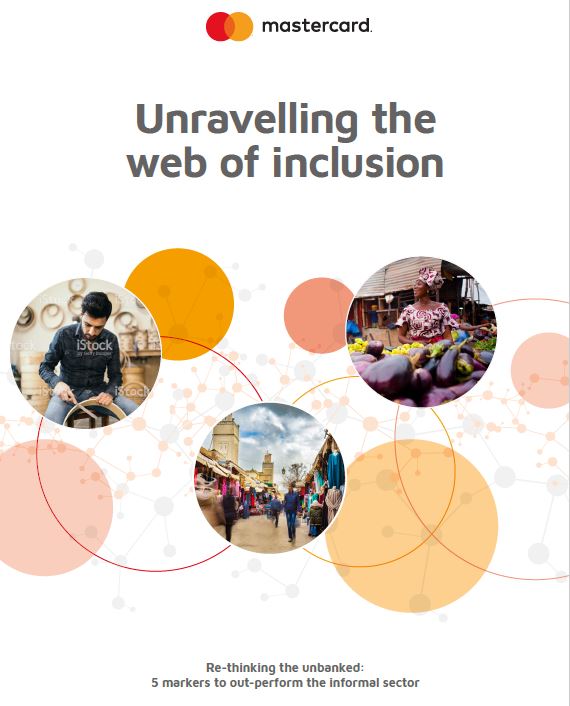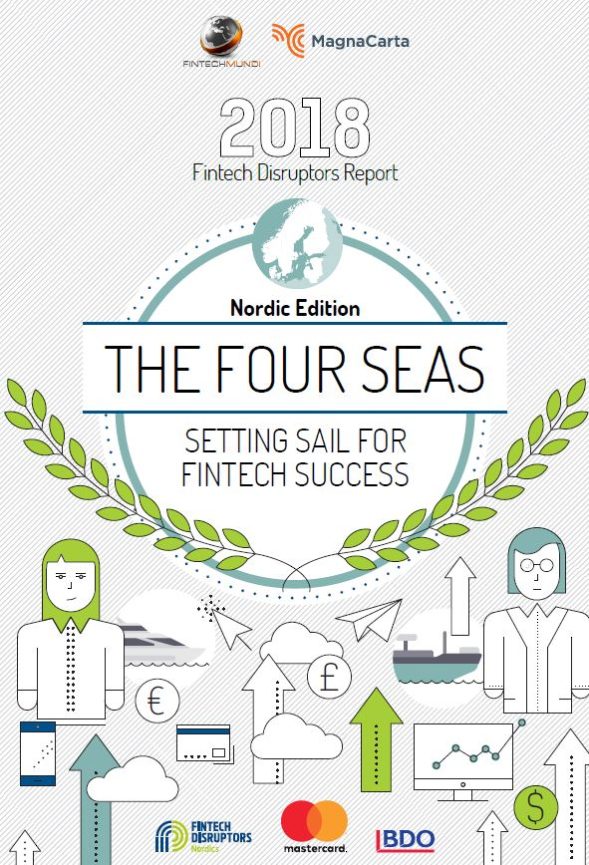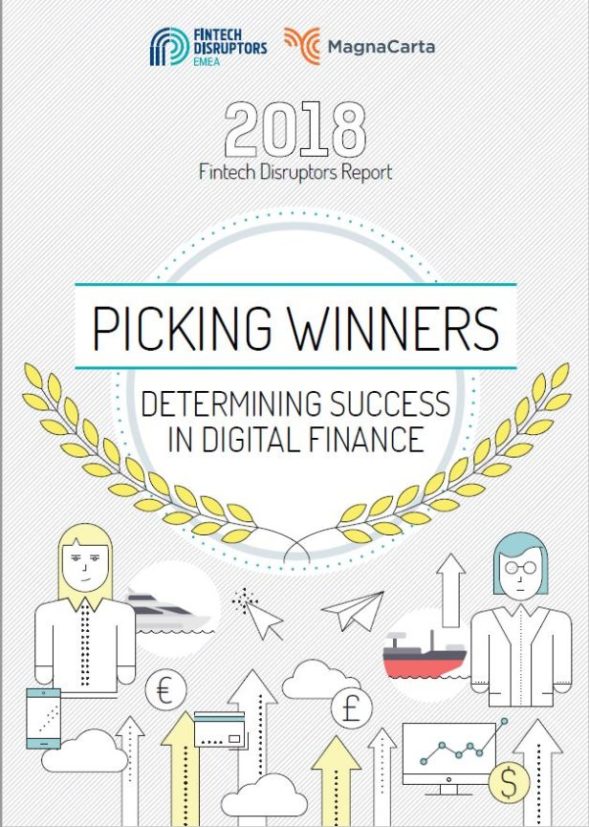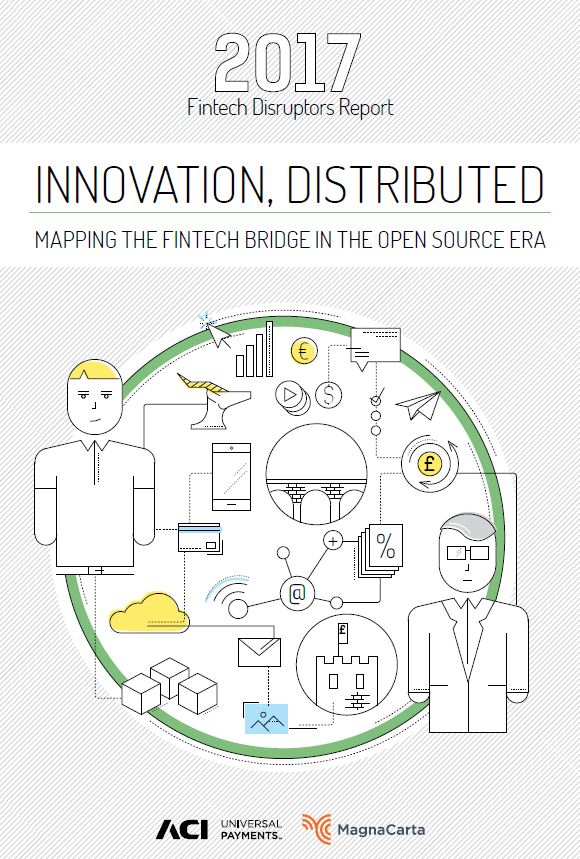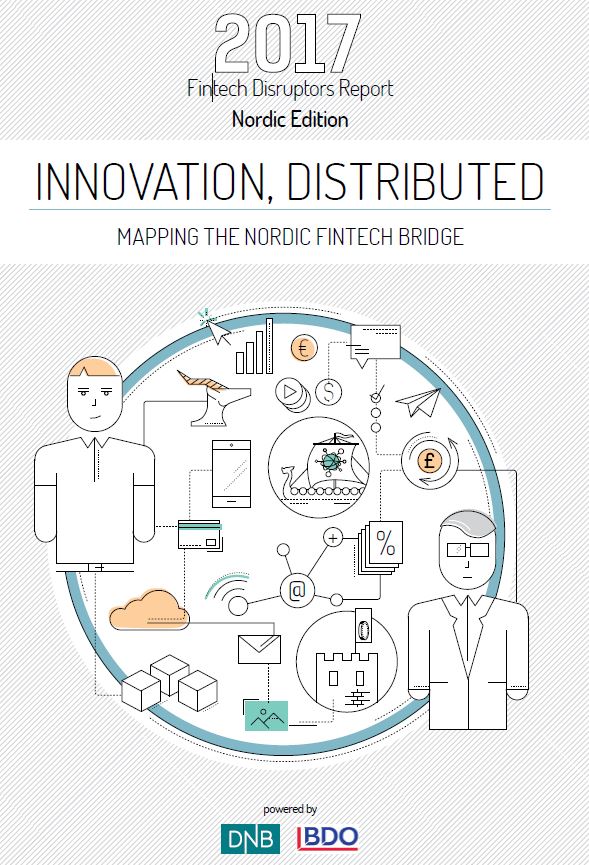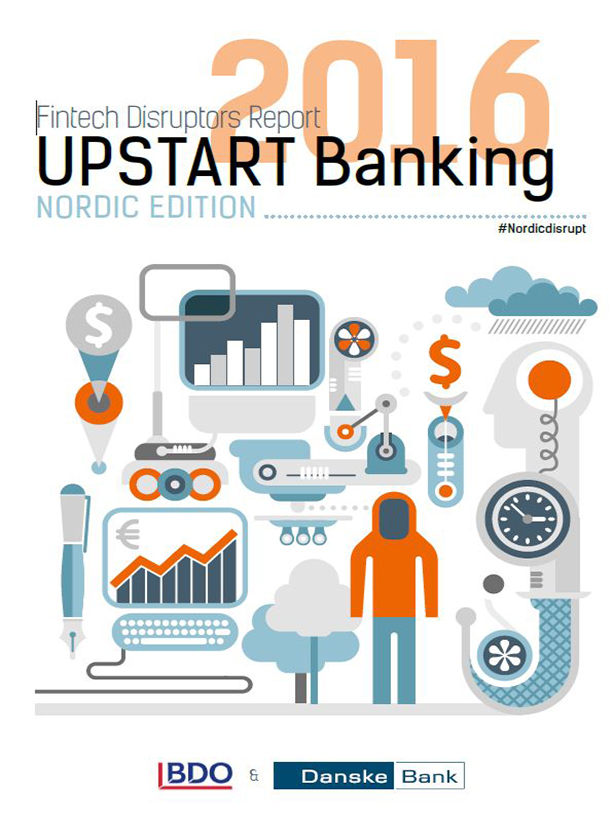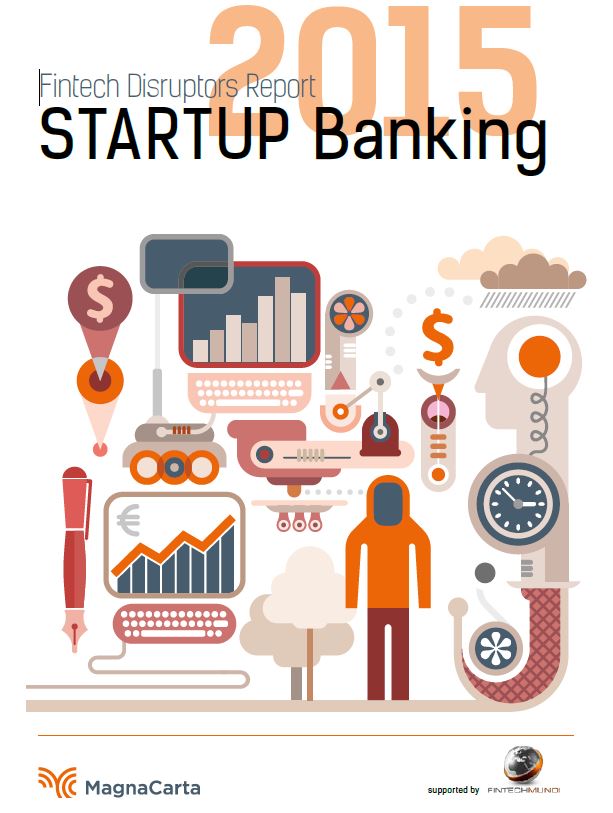Fintech exists to solve global problems. Of access – such as in emerging markets where banking economics stop the poor from getting a bank account. Of speed – where old infrastructure slows the sending of money, receipt of payments or makes international trade difficult. Or of cost and convenience – by making it easier to pay, or cheaper to borrow. There’s another problem too. An industry founded on principles to make the world better, needs a global index to track progress, and benchmark its success. Without one there’s no easy way to learn from the best. Or, like any other tech-driven industry, to learn from past mistakes.
And with the world creating information at an unprecedented rate, where do you turn for a trustworthy, unfiltered view of global fintech that lets you compare cities and companies?
That’s the vision of Findexable, the company founded with the mission to build the Global Fintech Index. This city rankings report is the first glimpse of what the Index algorithm is designed for.
To identify emerging hubs, fintech companies and trends – objectively and in real-time. To promote growth and adoption of progressive, inclusive financial services everywhere.



